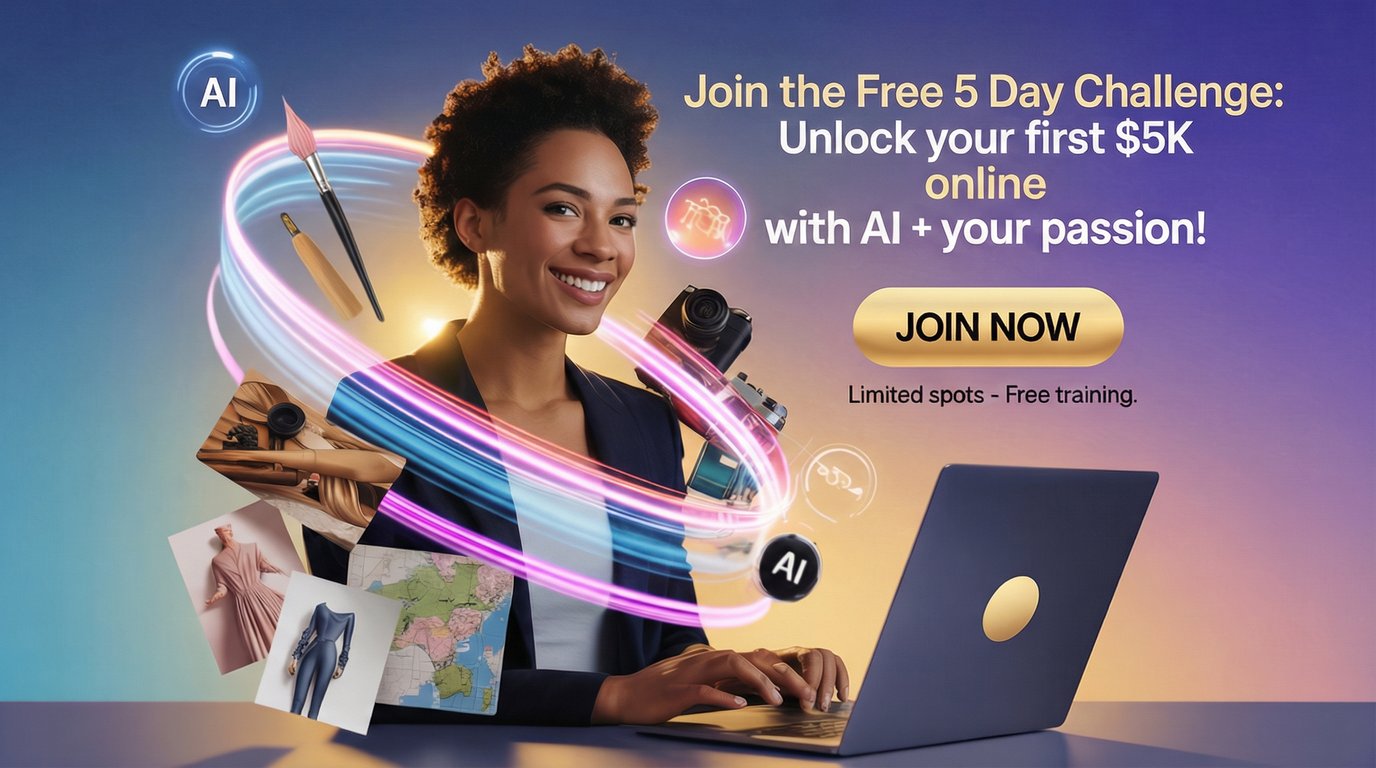Africa is on the cusp of a technological revolution. While challenges remain, the continent’s burgeoning population, coupled with increasing access to mobile technology and a growing entrepreneurial spirit, presents a unique opportunity for leveraging Artificial Intelligence (AI) and other emerging technologies to drive unprecedented economic growth and societal progress. This isn’t just about catching up; it’s about leapfrogging traditional development models and creating a future defined by innovation and inclusivity.
The Power of AI in Addressing African Challenges
AI’s potential in Africa is vast and multifaceted. It offers solutions to some of the continent’s most pressing problems:
Improving Healthcare
- Disease prediction and prevention: AI algorithms can analyze data to predict outbreaks of infectious diseases, enabling proactive interventions and resource allocation.
- Improved diagnostics: AI-powered tools can assist in medical diagnosis, particularly in resource-constrained settings where specialist doctors are scarce.
- Personalized medicine: AI can help tailor treatments to individual patients, improving outcomes and reducing healthcare costs.
Boosting Agriculture
- Precision farming: AI-driven technologies can optimize crop yields by analyzing soil conditions, weather patterns, and other factors.
- Smart irrigation: AI can help manage water resources more efficiently, reducing waste and improving crop production.
- Pest and disease detection: AI-powered image recognition can identify pests and diseases in crops early on, allowing for timely intervention.
Enhancing Financial Inclusion
- Mobile banking and financial services: AI can power innovative financial solutions, making banking accessible to underserved populations.
- Credit scoring and risk assessment: AI algorithms can assess creditworthiness even in the absence of traditional credit history.
- Fraud detection: AI can help protect financial institutions and customers from fraudulent activities.
Improving Education
- Personalized learning: AI-powered platforms can adapt to individual student needs, providing customized learning experiences.
- Automated grading and feedback: AI can assist teachers with administrative tasks, freeing up time for more meaningful interactions with students.
- Access to educational resources: AI can help bridge the digital divide by providing access to online learning materials.
Overcoming Barriers to Adoption
Despite the immense potential, several obstacles hinder the widespread adoption of AI and emerging technologies in Africa:
- Limited digital infrastructure: Reliable internet access and electricity remain significant challenges in many parts of the continent.
- Lack of skilled workforce: A shortage of AI specialists and data scientists limits the development and implementation of AI solutions.
- Data scarcity and quality: The lack of high-quality data hinders the development of accurate and effective AI models.
- Ethical considerations: Ensuring the responsible and ethical use of AI is crucial to avoid exacerbating existing inequalities.
The Path Forward
Addressing these challenges requires a multi-pronged approach involving governments, private sector companies, academic institutions, and civil society organizations. Investing in digital infrastructure, fostering education and skills development, promoting data sharing and governance, and prioritizing ethical considerations are all crucial steps in unlocking Africa’s full potential through AI and emerging technologies. The future of Africa is bright, and AI is poised to play a significant role in shaping it.



